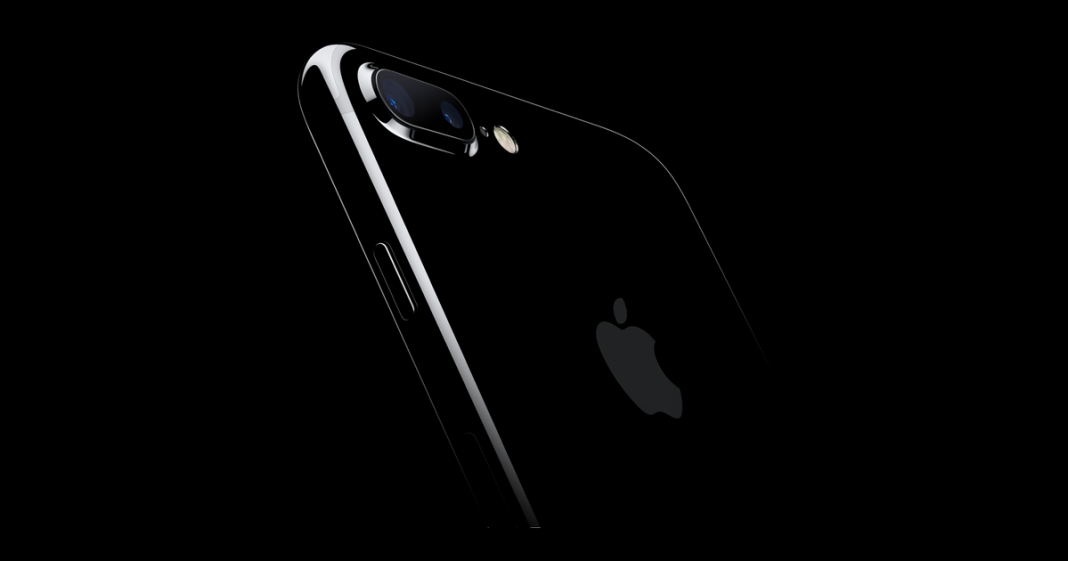In the world of smartphones, iPhone and Android continue to battle it out. With the majority of smartphone users out there, it’s usually a pretty even split between those with iPhones and those with Androids and those few others that have something else. And while both the iPhone and Android phones have their own “unique selling points,” one area that the iPhone always comes out on top is in regards to security and below are five reasons why:
1. Market Share: This has a lot to do with an operating system’s level of security believe it or not because hackers and other cyber criminals want to do as many damages as possible, and the best way for them to do that is by attacking a highly popular platform. When it comes to smartphones Android has the market share at around 80% compared to the measly 20% that Apple hold. But on the flip side, Apple makes between 60% and 70% of the whole profit from the entire mobile phone industry. So, because Android have the biggest market share, they are the number one target for smartphone hackers and cyber criminals.
2. Viruses and Malware: Because Android has the biggest amount of hackers, it also has the biggest amount of viruses and malware attacking it. According to statistics, a whopping 97% of all malware attacking smartphones target Android.
3. Sandboxing: This is where Apple ensures each app runs in its separate “sandbox” area where it can’t really interact with any other app. It also means that if one app is subject to a malicious attack, no one outside the sandbox will be affected. With Android, it’s been designed for openness and flexibility, and for that reason leaves itself vulnerable to a lot of attacks.
4. App attacks: The two platform’s app stores is another area that comes into play regarding security. Sometimes viruses or attacks can be hiding in the actual app store itself, and you could have installed a threat without even knowing it. This is less likely to happen on the iPhone because Apple ensures they review all apps before they’re published in the store. With Google’s Android, on the other hand, there’s much less review going on and submit an app to Google Play, and it’s available within a couple of hours usually. With Apple, you could be waiting weeks.
5. Lost phone lock down: iPhones used to be one of the most stolen devices in the US. However, Apple has fought hard to reduce that number and has done so successfully by introducing two features: Find My iPhone and Activation Lock. The first helps you pinpoint your phone in case it is stolen while the second prevents thieves from doing anything with the phone unless they have the Apple ID that activated it in the first place. Google’s equivalent was called Android Device Manager and was released in 2013. It too will help you find your phone if lost or stolen, and delete data remotely, but doesn’t have anything as cool as iPhone’s Activation Lock.
More News to Read
- NASA’s Cassini Spacecraft Has Nearly Depleted the Fuel Reserves
- The Quantum Communication Revolution and Extraterrestrial Intelligence
- Google’s Machine Translation Can Directly Transcribe Foreign Speech
- Space is Cold, But If You Move Faster, Does Space Heat Up?
- Can An Object Ever Give Rise to a Naked Singularity?











